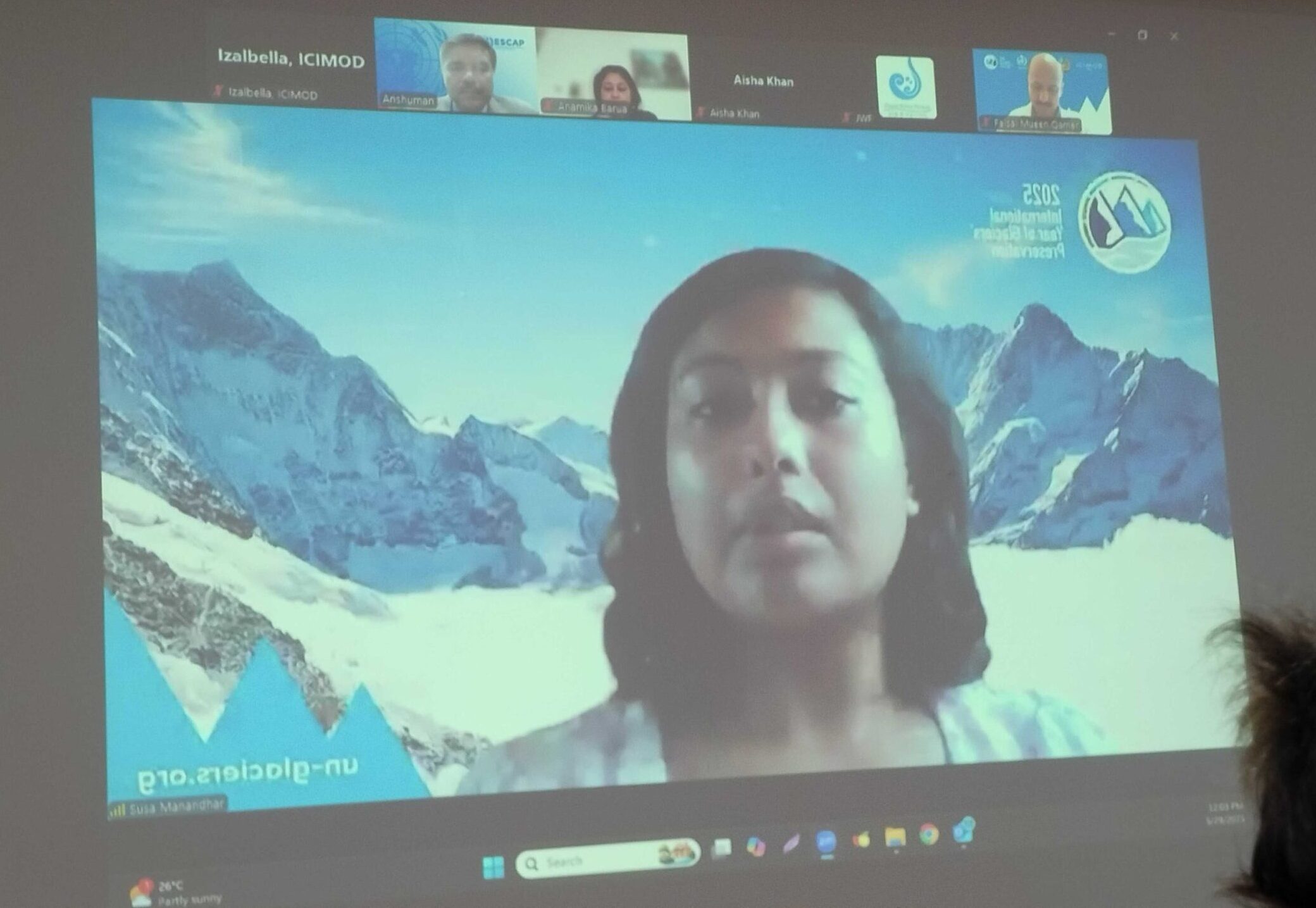Under the L-EVO project, The Small Earth Nepal (SEN) conducted stakeholder consultation workshops in Budhiganga Municipality, Bajura, and Bitthadchir Rural Municipality, Bajhang on 18 December 2022 and 20 December 2022 respectively. Mayor, Ward Chairpersons, Municipal Officers, and representatives from Local Disaster Management Committees, and Local Communities were the key participants of the workshops.
Dr. Dhiraj Pradhananga (President, SEN; Associate Professor, Tribhuvan University) and Dr. Bhanu Neupane (Advisor for ICT, UNESCO-Paris) moderated these workshops. Round table discussions were conducted regarding the project and its activities, future plans, and the need for an urgent response to climate-induced disasters. The main concern of the stakeholders was risk reduction, technical expertise, and relevant technologies. The project team introduced them to bio-engineering technology for landslide risk reduction and suggested the cold region biogas system for sustainable energy. The team shared about the vetiver system to control landslides and risks. The Vetiver system is one of the sustainable and most effective technologies for landslide risk reduction. It is globally popular for producing massage and essential oil. Vetiver plantation has the potential to improve the economic condition of the local communities as it can be used to produce handicrafts such as baskets, mats, wall hangings, and more. The local governments seem highly optimistic about this and willing to provide financial support. They agreed to run the vetiver project as a pilot project to test and research the effectiveness of the vetiver grass in those areas. After the success of this pilot project, it can be scaled to other areas. In addition, there were discussions on the roles of local governments in mitigation and response to water and climate-related disasters.





